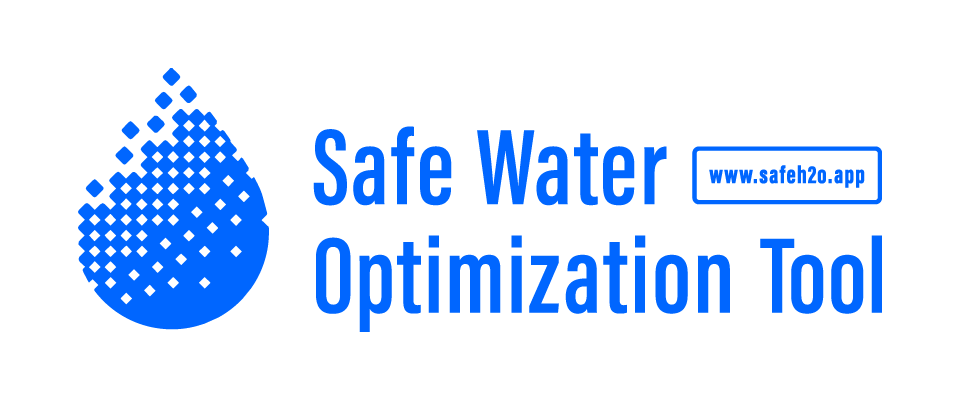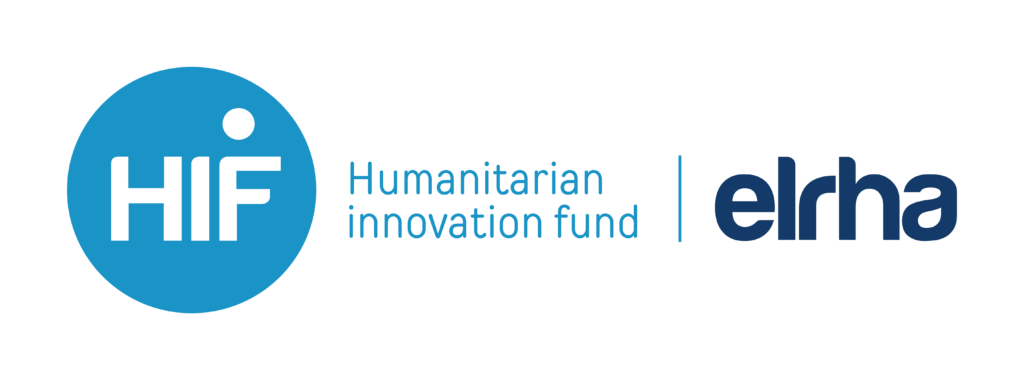Post
Published on December 10, 2020
The Dahdaleh Institute for Global Health Research has been awarded a major WASH Evidence Challenge grant from the Elrha Humanitarian Innovation Fund (HIF) for the Safe Water Optimization Tool. HIF’s WASH Evidence Challenge grants support the generation of rigorous evidence to drive the scaling and uptake of water, sanitation, and hygiene (WASH) innovations in the humanitarian sector.
The Safe Water Optimization Tool (SWOT) is a new humanitarian data analytics tool developed by the Dahdaleh Institute in partnership with Médecins sans Frontières (MSF/Doctors Without Borders). The SWOT helps humanitarian responders generate site-specific and evidence-based water chlorination targets that help protect public health during emergencies.
The new HIF grant, valued at over £317,00 GBP, will support work to generate evidence on four research questions important for showing the SWOT’s impact and improving its effectiveness and useability:
- How effective is the SWOT for ensuring water safety at point-of-consumption in multiple humanitarian water supply use cases including surface water systems, water trucking, household water treatment programs, and/or medical facility water systems.
- How can the SWOT’s analytics be made more robust in order to handle data of varying quality and quantity, including unpaired data, which is easier and cheaper for field teams to collect?
- How can the SWOT platform be improved to drive uptake and sustained use, including a potential role for participatory water quality monitoring?
- How can the SWOT incorporate processes to manage (a) organoleptic concerns relating to chlorine taste/odour acceptability and (b) potential disinfection by-product health concerns?
A mixed methods approach including field water quality studies, practitioner focus groups and interviews, field surveys, and desk-based analytics development will be undertaken. All impact evaluations will be led by an external research partner, the Lantagne Research Group at Tufts University, and field implementations will be supported by MSF.
The SWOT is led by Dr. Syed Imran Ali, Research Fellow at the Dahadaleh Institute, “This HIF grant is an amazing opportunity to work with leading humanitarian practitioners and researchers like MSF and the Lantagne Group at Tufts U. We are excited to work with our partners to show the impact the SWOT can have for water safety and public health in humanitarian response, improve the tool even more, and scale it up across the humanitarian sector. We are incredibly grateful to Elrha and the HIF for their amazing support in the past and now with this grant too, and for seeing the SWOT as a game changer for humanitarian WASH.”
Elrha’s Humanitarian Innovation Fund (HIF) programme is a grant making facility which improves outcomes for people affected by humanitarian crises by identifying, nurturing, and sharing more effective, innovative, and scalable solutions. Elrha’s HIF is funded by aid from the UK Foreign, Commonwealth and Development Office (FCDO). Elrha is a global charity that that finds solutions to complex humanitarian problems through research and innovation.


Themes | Global Health & Humanitarianism |
Status | Active |
Related Work | |
Updates |
N/A
|
People |
James Orbinski, Director - Active
Syed Imran Ali, Research Fellow, Global Health and Humanitarianism - Active Matthew Arnold, Technical Advisor, Safe Water Optimization Tool - Alum Saad Ali, Data Science Specialist, Safe Water Optimization Tool - Alum Ngqabutho Zondo, Graphic Design, Development - Active Mohamed Moselhy, Lead Developer, Safe Water Optimization Tool - Active |
You may also be interested in...
Recap – Inuit Perspectives: Health and Well-being Through Storytelling
On January 31, 2024, the Wellness Impact Lab at the Dahdaleh Institute kicked off its 3-part seminar series focused on Inuit perspectives on mental health and well-being, ‘Climate Change and Mental Health: Listening to the ...Read more about this Post
Advancing Social Science Research at UN Multi-stakeholder Hearings on Tuberculosis
Despite commendable advances in new Tuberculosis (TB) diagnostics and more safe and effective TB treatments, as depicted in the latest Global TB Report, 10.6 million people fell ill, and 1.6 million people died of TB ...Read more about this Post
Hot Off the Press – Modelling residual chlorine in humanitarian response in PLOS WATER
Research by Dahdaleh Global Health Graduate Scholar Michael De Santi (lead author) and his coauthors, including DI Research Fellow Syed Imran Ali and DI Faculty Fellow Usman Khan, has recently been published in PLOS WATER ...Read more about this Post
